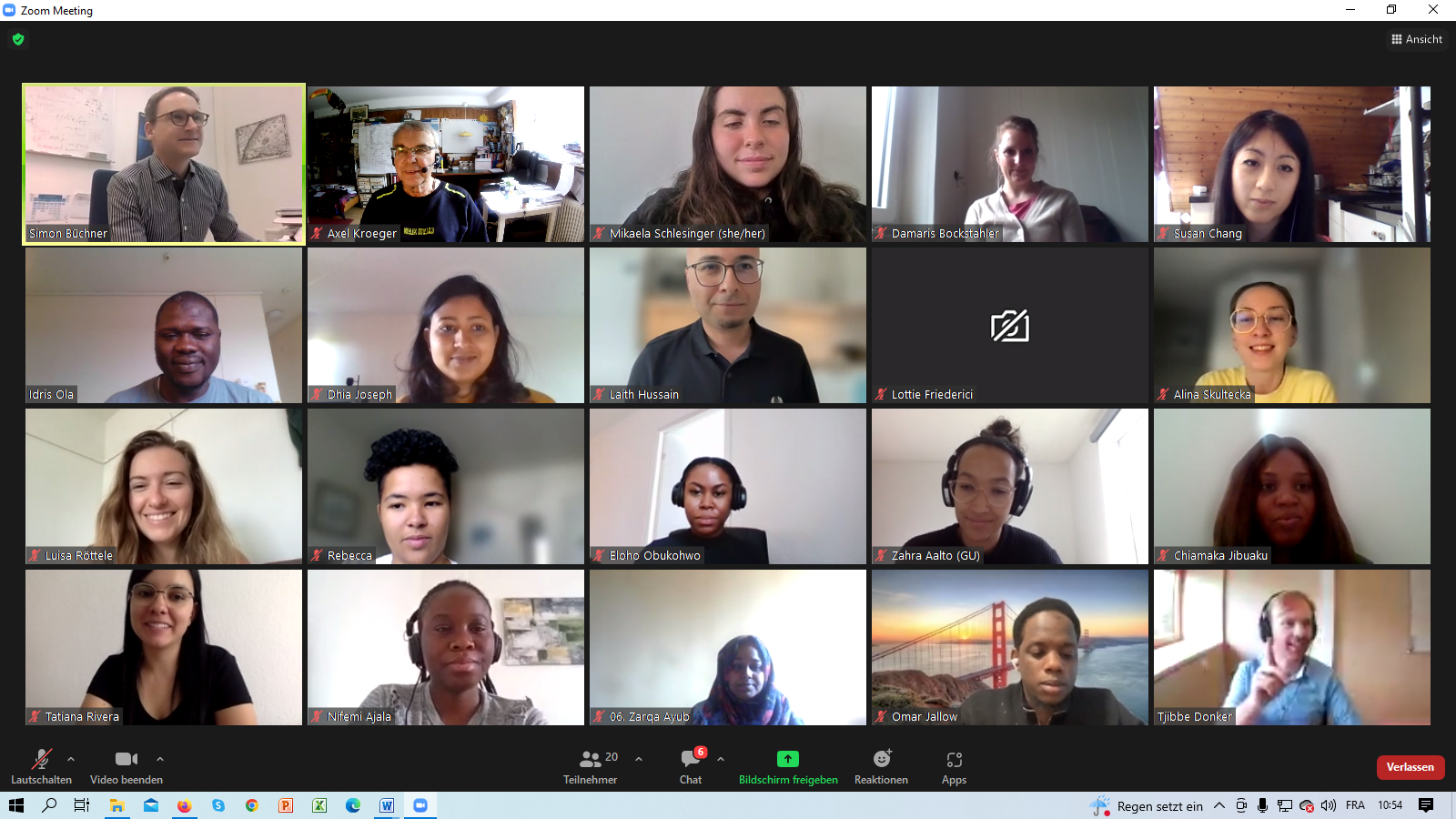Pandemics in History
International Online Course “Pandemics in History”
 |
In a joint credit-bearing course for up to 15 students the partners will develop a 360°-view of five different pandemics that occurred in human history and are still ongoing: Dengue, SARS/Covid-19, HIV-AIDS, Tuberculosis and Malaria. A group of three students from the different partner institutions and with different academic backgrounds will explore one of the pandemics in a research-oriented way. They will be supervised by an expert from an internationally staffed panel. Each student group will analyze different aspects of one pandemic, for example, its pathology, related burdens and consequences as well as measures taken against it. The course will particularly deal with the fact that pandemics are of global concern, while measures against them are usually taken on a national level. In addition, students will gain insights into the work of public health institutions such as the WHO, the CDC or the RKI. |
Partners
- Prof. Dr. Axel Kroeger, Center for Medicine and Society, University of Freiburg
- Prof. Dr. Bettina Fries, Stony Brook University
- Dr. Simon J. Buechner, Major Life Sciences, University College Freiburg, University of Freiburg
About VirtualLAS
The course is part of the VirtualLAS project at University College Freiburg and is sponsored as an International Virtual Academic Collaboration by the German Academic Exchange Service (DAAD).
VirtualLAS focusses on collaborative, digitally based teaching and student-instructor dialogue as well as intercultural
competencies and team-working skills. The project is particularly suited to strengthen students’ understanding
of global responsibility, diversity, and interculturality. VirtualLAS ultimately aims to:
- expand internationalization endeavors into the virtual domain and to increase internationalization at
home for our students; - develop, pilot, and evaluate unique student-centered formats of virtual international learning together
with our international partners; - assess and document the results together with our international partners for consolidation;
- foster learning and transfer of these student-centered formats of virtual international learning to other
courses.

